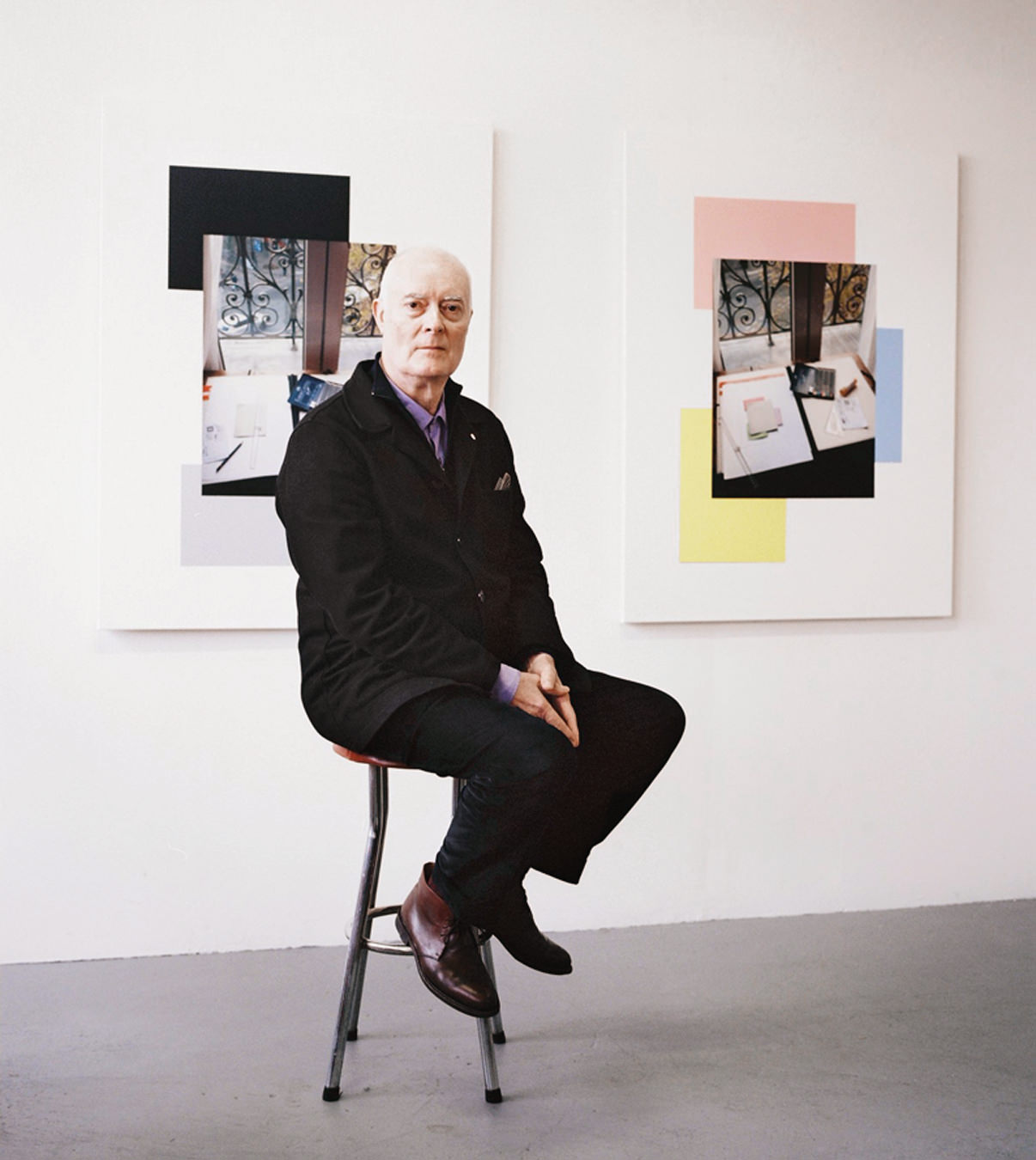Twitter’s IPO
Another day, another dollar. Or several billion of them, if you happen to work for social media giant Twitter.
Last Thursday marked the first day of public trading for the San Francisco-based company, which put about 70-million of its shares (about 13% of its horde) up for sale. Needless to say, things went well: at one point, shares had soared 73% above their offering price—a nice paycheque for those fortunate or well-connected enough to get in on the ground floor of what may well be the hottest IPO of the year.
At its closing share price of $44.90, Twitter’s market value is somewhere in the neighbourhood of $31-billion, a calculation that includes the stock still held by insiders, as well as options and restricted shares outstanding. Just to put that in perspective, $31-billion is a shade higher than the giant of Canadian media, Rogers Communications, a company that did over $12-billion in business last year, made $4.7-billion in profit, and offers a dividend yield of 3.75%. By contrast, Twitter brought in $317-million in revenue in 2012, has never turned a profit, and is years (perhaps decades) away from offering a dividend. But hey, who’s counting?
Then again, playing compare-and-contrast with old media and new isn’t exactly fair; far better to stack up Twitter against that other social media giant, Facebook. And on this score, Twitter’s debut looks a fair bit better than its cousin. After a computer glitch delayed trading for more than two hours, Facebook started its first day as a publicly-traded company at a lofty $38 per share, only to plummet to a low of $18 in the months following its IPO. It took a whole 18 months for IPO investors to be made whole.
A good part of the difference can be attributed to the lengths to which Twitter management went to avoid Facebook’s fate. Instead of putting on a pageant, the company’s “roadshow” meetings with institutional investors were subdued, professional, and businesslike. Instead of dressing its rockstar CEO in a T-shirt and hoodie, Twitter CEO Richard Costolo opted for a suit jacket and dress shirt (oxford collar; no tie). Instead of building up the hype, executives played down expectations and emphasized how profitability was still a work in progress.
Perhaps most importantly, Twitter left some money on the table for the little guy—a move that has left some of Wall Street’s zero-sum-game crowd scratching their heads. In the face of strong demand for its shares, Twitter raised its IPO price, but it actually declined to flood the market with extra shares as Facebook had. Such a move created a healthy demand for shares (orders exceeded the offering by a factor of 30), ensuring retail investors would see a significant “pop” on the first day. Sure, the company didn’t raise as much money as it could have, but the positive vibes may be worth it: the next time insiders feel like cashing in some of the 87% of the company they didn’t sell, the buyers will likely be lined around the block.
Plus ça change. For as much as Twitter, Facebook, LinkedIn, and the rest of the social media brat pack have changed the way we communicate, they have not changed the way we make money. Marketing has changed; media have changed; the world has changed. Money and markets; buying and selling; greed and fear: these things are eternal, however many characters we choose to express them.
Photo by Aaron Durand.




